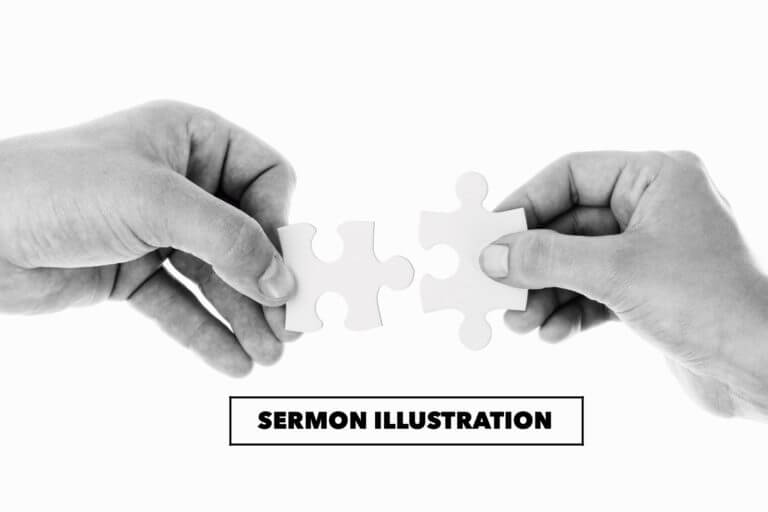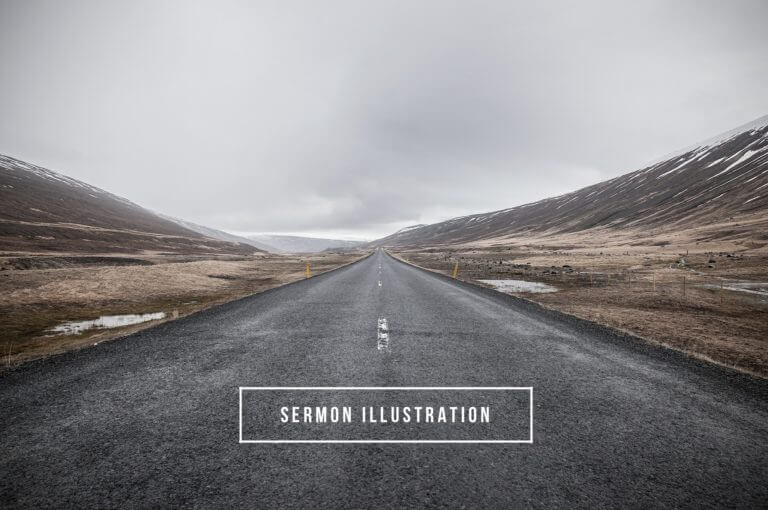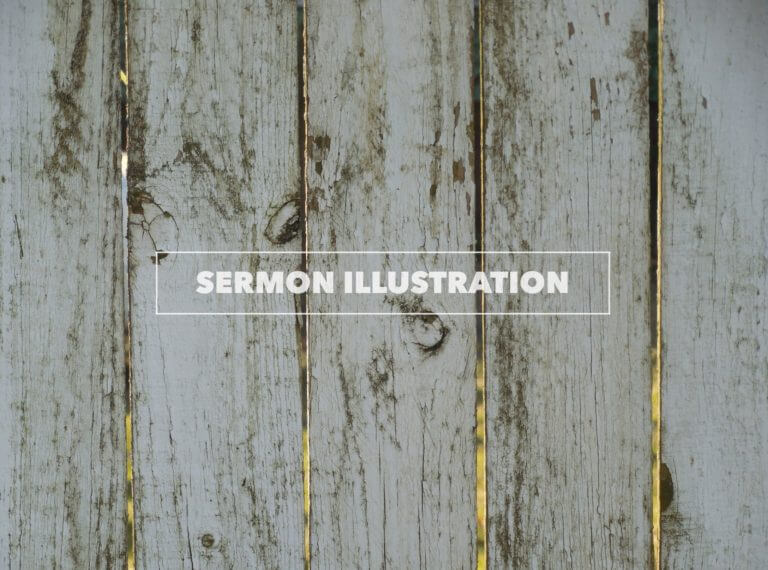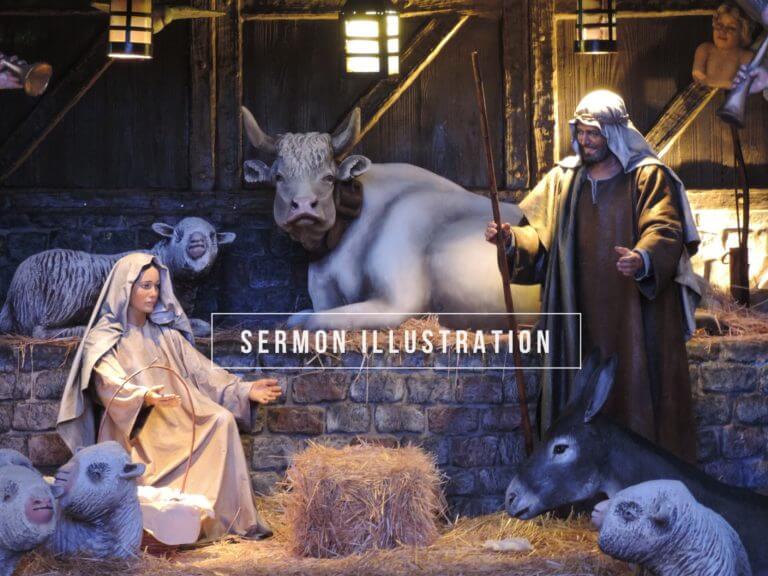The True Riches of the Church (Sermon Illustration)

In our desire for more money, we often forget that some things are worth more than gold.
The story of Saint Lawrence of Rome reminds us that people are worth more than money.
Robert Louis Wilken tells Lawrence’s story this way:
Lawrence, a deacon in the Church of Rome in the middle of the third century, suffered martyrdom during the persecution under Emperor Valerian, probably in A.D. 258. To this day his church, San Lorenzo fuori le mura, is one of the seven pilgrimage churches in the city of Rome. According to tradition, Lawrence, the most senior deacon, was in charge not only of “holy things,” that is, liturgical objects like chalices and candlesticks, but also the church’s treasury. The prefect of the city, who had heard that Christian priests offer the sacrifice in “vessels of gold” and “silver cups” illuminated by “golden candlesticks,” asked Lawrence to place before him the wealth of the church. To which Lawrence replies, “Our church is rich. I deny it not. Much wealth and gold it has. No one in the world has more.”
He promises to bring forth all the “precious possessions of Christ,” but to tantalize the prefect asks for time to make a list of the church’s treasury. A bargain is struck, and Lawrence is excused. For three days Lawrence goes about the city gathering the sick and the poor. The people he collected included a man with two eyeless sockets, a cripple with a broken knee, a one-legged man, a person with one leg shorter than the other, and others with grave infirmities. He writes down their names and lines them up at the entrance to the church. Only then does he seek out the prefect to bring him to the church. When the prefect enters the doors of the church, Lawrence points to the ragged company and says, “There are the church’s riches, take them.” Enraged at being mocked, the prefect orders Lawrence to be executed but adds, “I shall not let you die in a hurry.”
Then follows the famous scene of Lawrence being roasted slowly on a gridiron, at a low temperature to stretch out the agony…. The prefect orders him turned, and Lawrence says, “It is done, eat it up, try whether it is nicer raw or roasted.”1
_
Find more sermon illustrations here.






